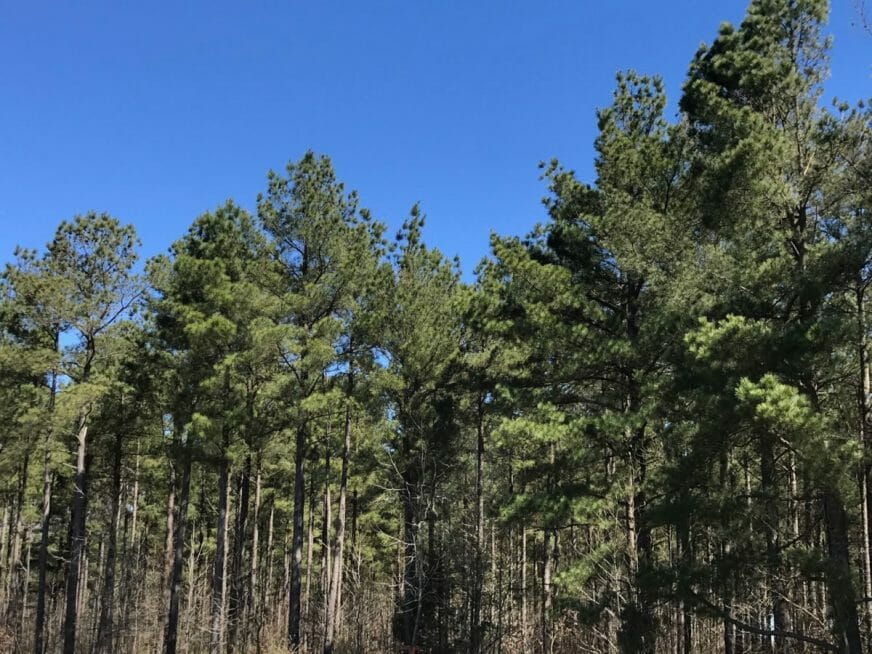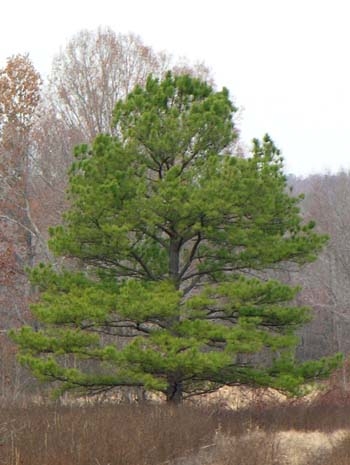The loblolly pine, a species of the Pinus taeda, is the state tree of Arkansas. This tree is native to the Southeastern United States, including Texas, Florida, southern New Jersey, and Louisiana. In the wood industry, this species is classified as southern yellow pine. This is not an uncommon misconception, but we will address it in this article to give you a better understanding of the species.

The pine tree is the official state tree of Arkansas, and it was designated as such by House Concurrent Resolution No. 2 of 1939. The State Representative in Pike County, Boyd Tackett, introduced the resolution. In the resolution, he emphasized that the timber industry was Arkansas’s largest source of wealth and that it is one of the few renewable resources. The bill was passed without opposition, and it became final on January 20, 1940. The state has three different types of pine trees, the southern shortleaf pine, and the longleaf pine.
Uses of The loblolly pine
The official state tree of Arkansas is the Loblolly pine. The Loblolly pine is a conifer found in the state’s lowlands. It is valued for erosion protection and afforestation of high terrain. The loblolly pine is also widely popular as a decorative ornamental tree in public parks. The state tree of Arkansas is 30 to 35 meters tall with a diameter of 0.4 to 1.5 meters.
The loblolly pine is the official state tree of Arkansas. This species of pine trees are often used in forest control and replanting efforts. This species is frequently planted in landscape planting and landscaping initiatives throughout the state. Environmental groups also sometimes hand out free loblolly pine saplings at county fairs to educate people about this tree. You’ll be glad you learned all this. You can now plant a loblolly pine tree in your yard!
The loblolly pine is the state tree of Arkansas. It is also the most commonly used species of pine in the United States. It is widely used for forest control and replanting. In fact, silviculture is the science of replenishing forests and using the right tree. You’ll often see loblolly pine saplings in landscaping in the state. During county fairs, environmental groups will give out free ones to raise awareness about the species.
The loblolly pine is the state tree of Arkansas. It is an extremely important conifer in the state and is also a popular ornamental tree in the state. The loblolly is a slow-growing, low-growing tree that is popular in landscape planting and park landscaping. While the state’s official state flower is redwood, this plant is the most commonly used in the country.
The pine tree is the official state tree of Arkansas. This species is native to the South eastern United States and is widely used for timber. It is the most widespread conifer species in the southern United States. It is a valuable and important ornamental tree, with a wide range of uses in the economy. There are more than 12 billion trees in the state and these trees have played an important role in Arkansas’s physical and economic development.
Read also: how long does it take a pecan tree to grow?
The state tree of Arkansas is the loblolly pine. It is a valuable conifer in the state and is often used in reforestation and forest control efforts. It is also a popular ornamental tree and is used in many parks. The loblolly is a slow-growing, non-annotated species that is a popular choice in Arkansas. It is a common sight in landscaped gardens and other parts of the state.
Conclusion
The state tree of Arkansas is the loblolly pine. There are four types of pine trees in the state. The loblolly pine is the state tree of Arkansas because of its unique characteristics. It is a valuable ornamental tree in parks and is a valuable source of timber. A few species of loblolly pine are native to the state, but the loblolly pine is the state tree of Arkansas.
